This post has been written by Mark Choi, Music Composer of Path of Kami.
When Deana approached me to write a blog post about the music, I didn’t hesitate to take her up on the offer. Despite not doing this on a regular basis, I thought it would be a great opportunity to externalise some of my thought processes and record a snapshot of where things stand right now - so I can look back on this post with interest in the future! It also gave me a chance to reflect on the journey and the fun, hugely positive experience I’ve had so far with the overall team.
Where it all began
I first encountered the Captilight crew through an awesome artist friend (Jeff) with whom I became acquainted online. We share a mutual love of animation - specifically the cel-shaded aesthetic most prominently featured in Studio Ghibli’s films - and when he told me about a team that was working on a narrative-driven adventure with a similar artistic style, I naturally jumped at the opportunity to be involved.
As most composers will appreciate, getting involved at a very early stage has many advantages, as well as its own challenges.
On the positive side:
You get to see early prototypes of the game and experience all the highs and lows as things evolve and develop over time
Getting up close and personal to the other disciplines also gives you deeper insight into the development cycle and presents opportunities to mutually influence each other in ways that might not have been possible otherwise
On the more challenging side:
You may only have minimal input to guide you as you sit down to think through the musical ideas and overall structure of the game.
Things change and evolve more rapidly and usually to a greater extent, which can sometimes significantly impact the composition process
Having said that, I was fortunate in that the concept art, early builds and the initial game design document for Path of Kami were sufficiently detailed, inspiring and defined to mitigate all these concerns!
First steps onto a blank canvas
One of the first things I considered was instrumentation - specifically, how the texture of the sound would change to reflect the dichotomy of the mortal and spirit world. At the same time, the two worlds are also closely linked, so I didn’t want the difference to be too pronounced.
In the end, I settled on a specific ambient palette for the mortal world (including dampened piano, harp, violin, some ambient string pads) versus a slightly more ethereal palette to represent the spirit world (including bowed percussion, choir, koto, cello at higher register).
The common instrument linking the two worlds is the shakuhachi, which is a Japanese end-blown flute made of bamboo that was originally derived from the Chinese xiao. I deliberately used 2 contrastingly performed variations of the sampled instrument that sound distinctly different - hopefully you’ll be able to tell from listening to the tracks!
Form and structure
From a compositional standpoint, there are two different types of tracks:
Linear, standalone tracks - such as the main theme. These are usually played through exactly as written and looped seamlessly where necessary, depending on context
Dynamic tracks - such as the exploration tracks named after the environments in which they play. While linear versions of these tracks appear in the soundtrack out of necessity, they are implemented in game using a combination of horizontal and vertical layering techniques. This ensures a large variety of instrumental segment combinations and therefore a different musical experience every time the player wanders around
In terms of the composition process itself, the linear themes actually came together pretty quickly. As mentioned before, the concept art and early build had already inspired some ideas and motifs for the main theme, so it was a case of weaving them together into a cohesive whole. The main theme itself is made up of two clear motifs - the piano melody at the start and the shakuhachi melody in the second half, both of which are reiterated and developed further in some of the later tracks.
For the dynamic music segments, I adopted a more freeform approach to writing the individual instrument parts and variations, giving the parts more space and allowing them to breathe. By choosing relatively consonant harmonies that generally worked together as a whole, the randomly selected segments were able to play together without any undue dissonance that might have broken the player immersion. I also made the conscious decision to start each dynamic track with the same fixed initial musical segments - this anchored the music and meant that each exploration track always started off in the same way.
To conclude...
I hope you enjoyed reading this brief insight into how the music came to be - and most importantly I really hope you love the soundtrack and of course the game itself! Please feel free to contact me at any time if you have any questions on the above or any feedback on the music - I am always open to meeting, sharing with and learning from passionate, like-minded gamers and game developers of all disciplines.
- Mark
-------------------------------------------------------------------------------------------------
You can find Marks work on Bandcamp, Spotify, and Apple Music. You can also check out the Path of Kami Soundtrack on steam!
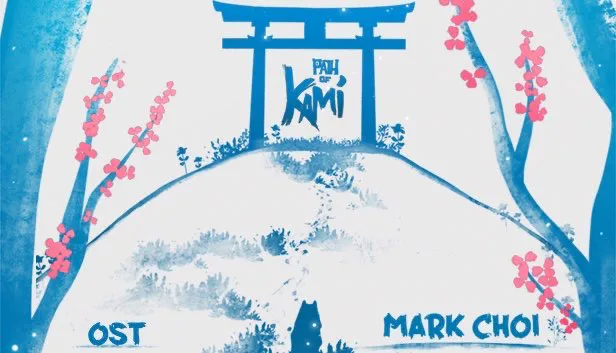
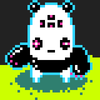
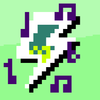

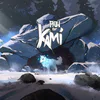
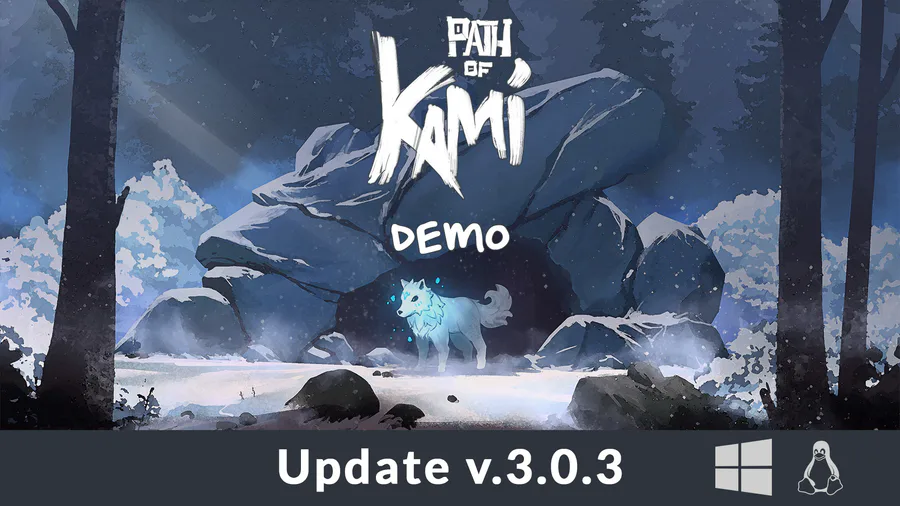

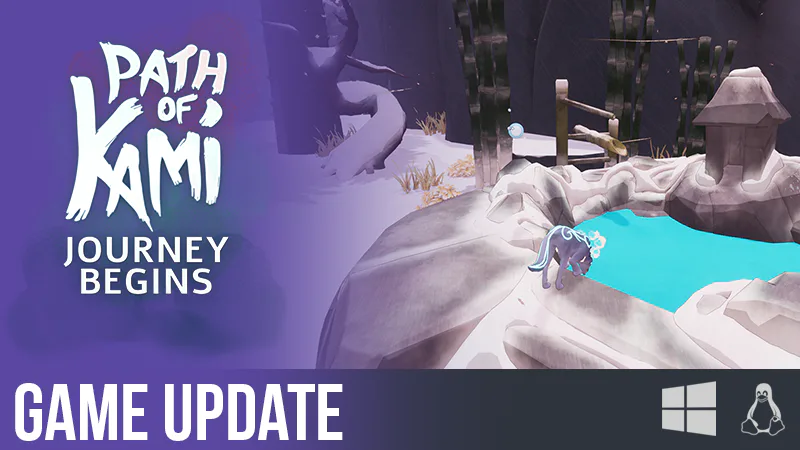
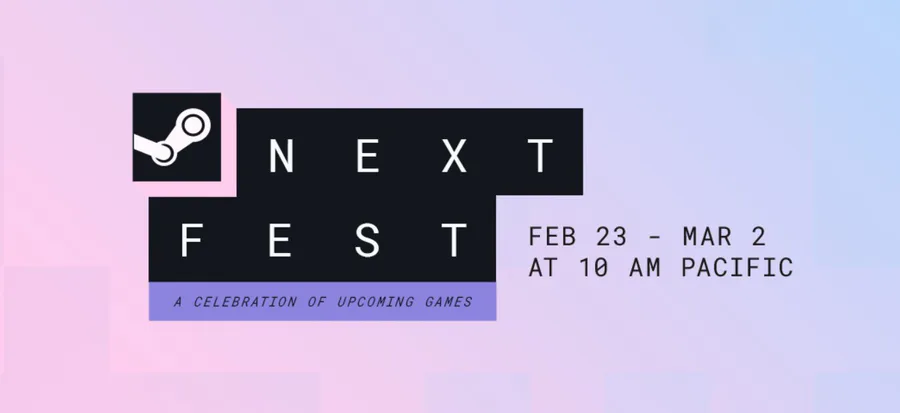
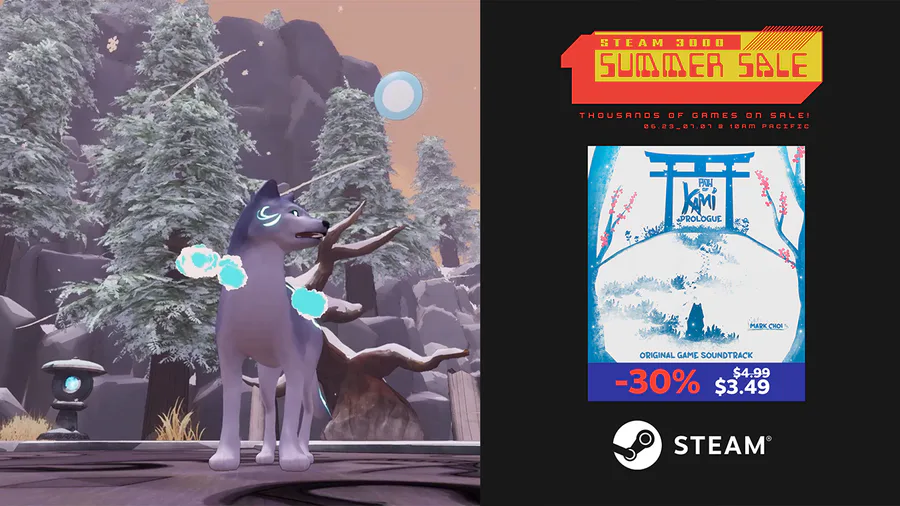
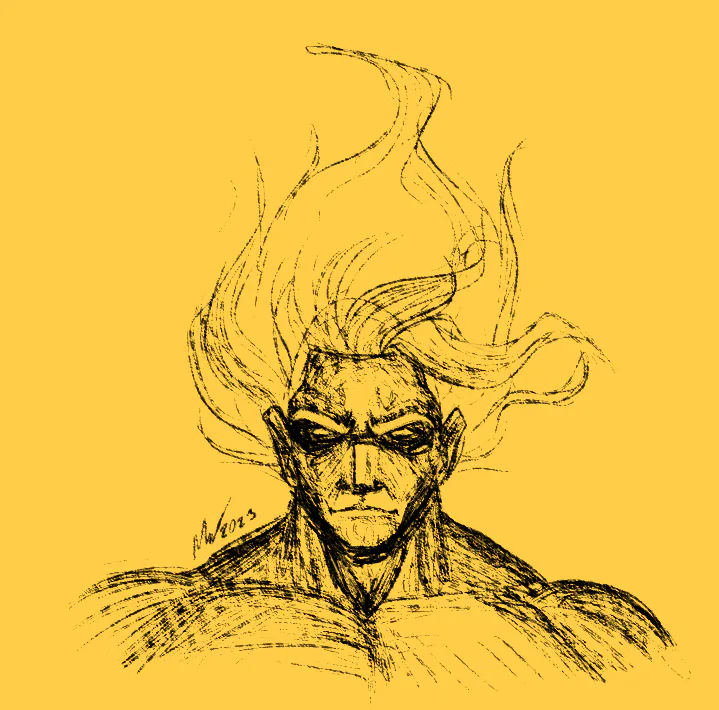
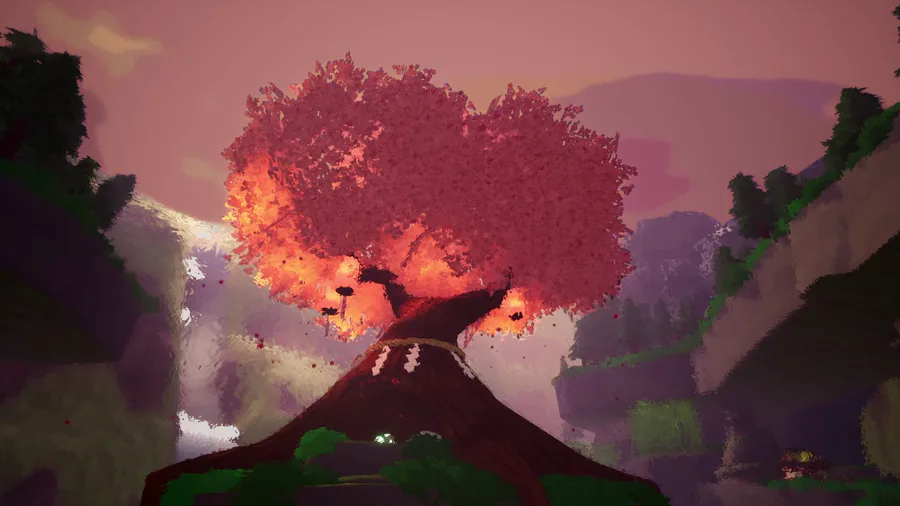
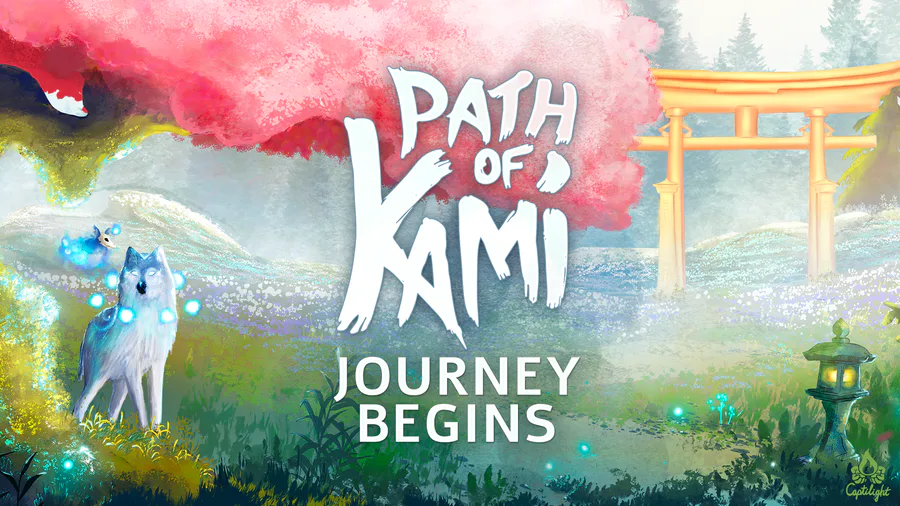
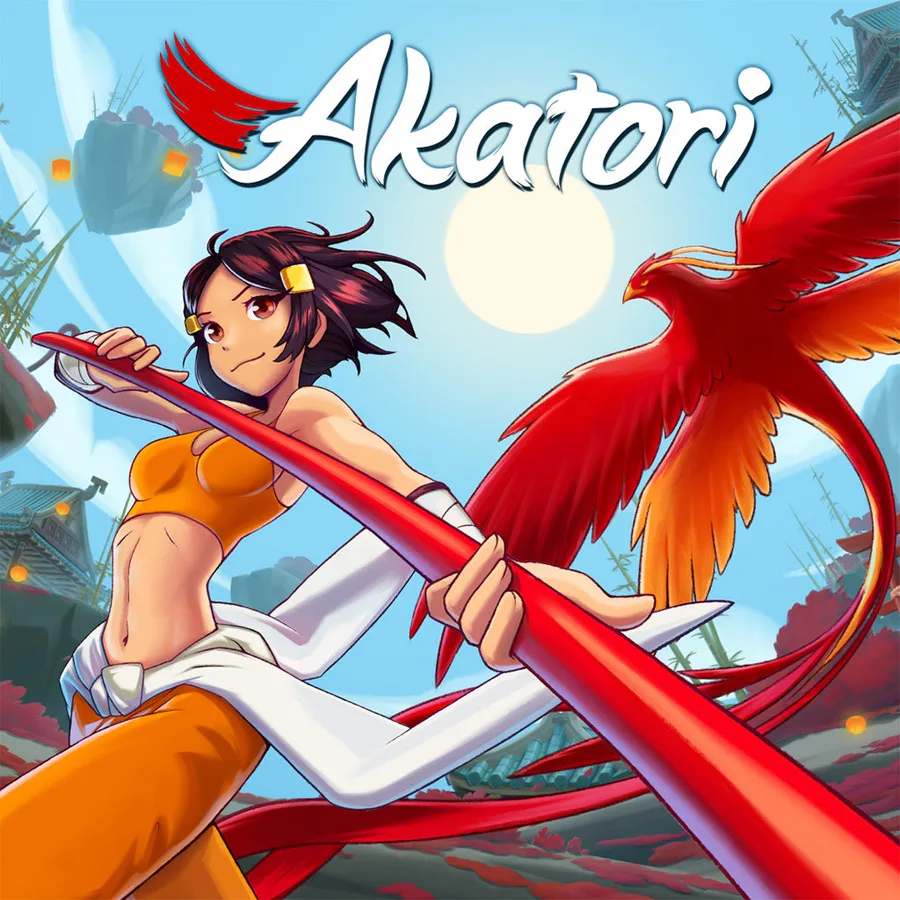
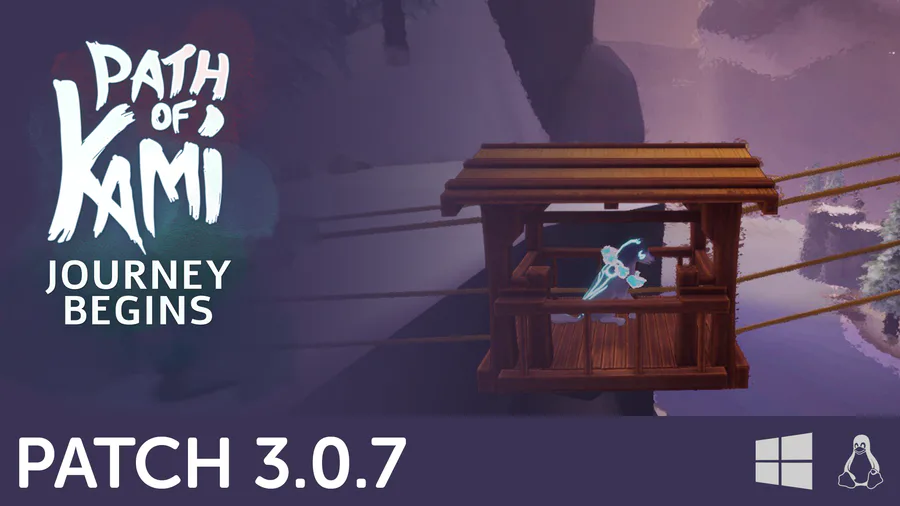
0 comments